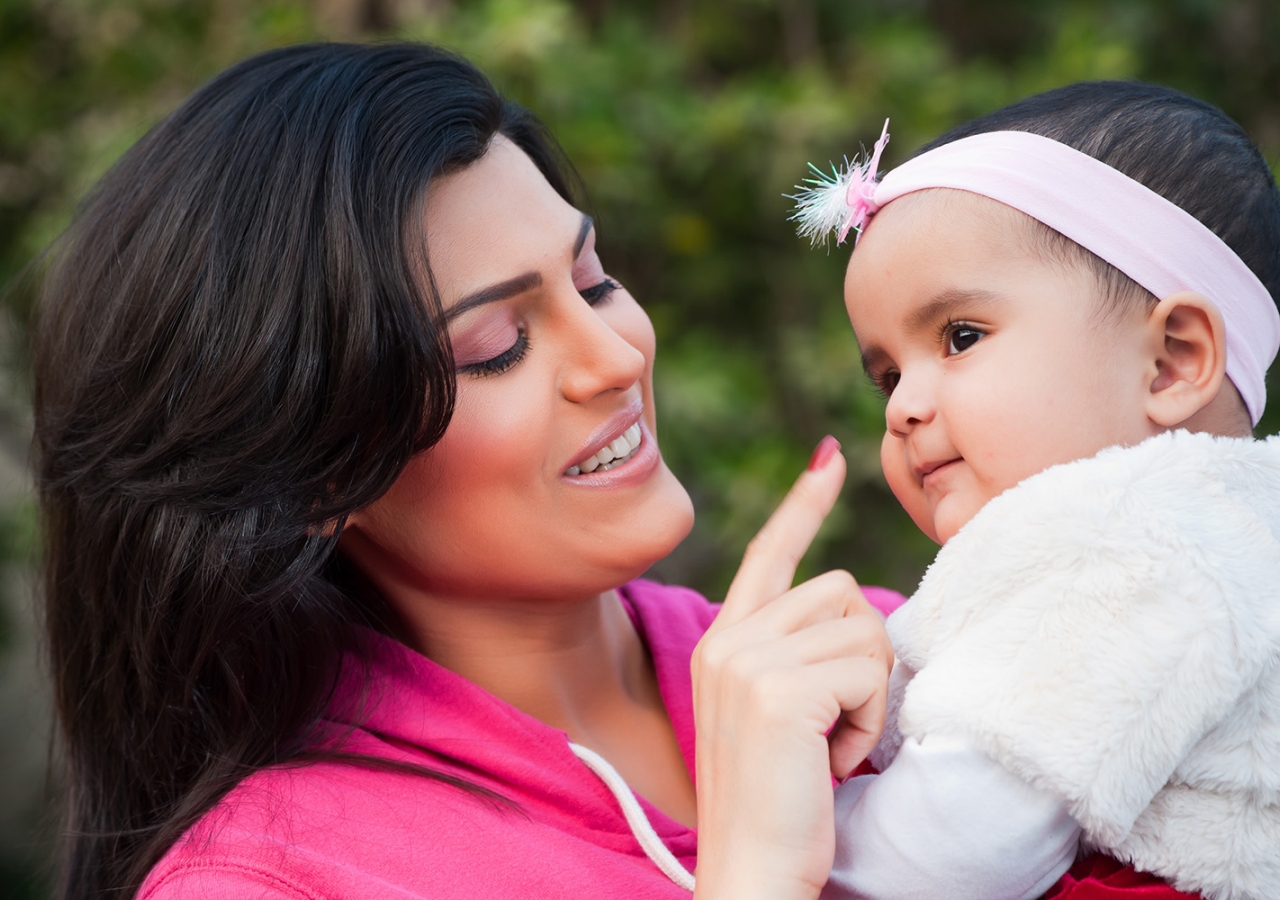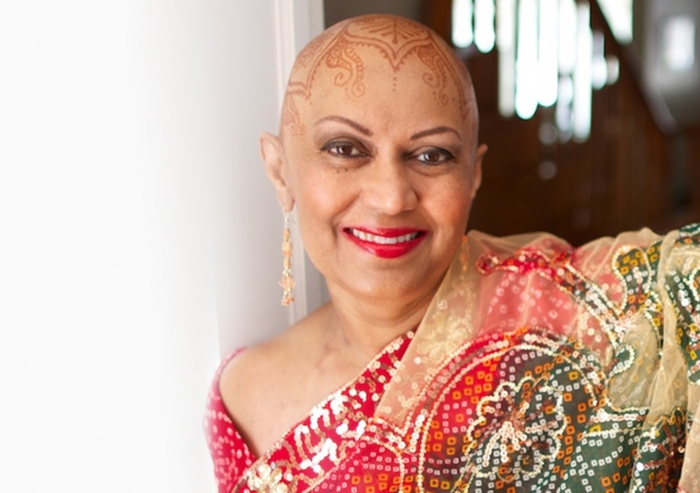World Breastfeeding Week is celebrated every year between 1 – 7 August. In more than 170 countries around the world, it provides an opportunity to talk about the benefits of breastfeeding in the overall development, health and wellbeing of infants.
Breast milk provides unique nutrients, containing all the protein, sugar and fat that your baby needs to be healthy. Additionally, human milk also contains substances such as antibodies, immune factors, enzymes and white blood cells. These substances are baby’s first immunisation and protect the baby against a variety of diseases and infections during breastfeeding and even after weaning.
The World Health Organization (WHO) recommends exclusive breastfeeding starting one hour after birth until 6 months of age, and continued breastfeeding up to 2 years of age. WHO defines exclusive breastfeeding as providing no food or drink except breast milk — not even water — for the first six months of life, but allows an infant to receive drops, syrups and oral rehydration solution.
Circumstances do not always permit mothers to breastfeed exclusively. For example, some may be prevented by serious illness or a lack of milk production. What’s most important is that a mother should receive positive support from family, friends and caregivers so that she can provide the best quality of care and nutrition to her child.
Antibodies for baby
If a mother develops a cold while breastfeeding, there is a good chance that the cold germs will be passed along to her baby. But the antibodies produced by her body to fight the cold are also shared with the baby through her milk. These antibodies boost the baby’s immune system to defend against the germs and will possibly help the child to avoid developing the cold altogether.
This defence mechanism significantly decreases the chance that a breastfeeding baby will suffer from ear infections, pneumonia, and urinary tract infections. Based on my clinical observations, infants that are exclusively breastfed are less likely to be hospitalised for infections compared to formula-fed babies. This observation is corroborated by published research.
Baby's gut health
Human milk encourages the growth of friendly bacteria in the gut of a breastfed baby. Breast milk contains substances known as probiotics, which in turn stimulate the growth of friendly strains of bacteria. The latter inhibits disease-causing bacteria such as E. coli from growing, proliferating and attaching to the lining of the intestine, where they cause infection.
In this way, breastfeeding helps to protect against unhygienic environmental conditions. In contrast, formula feeding requires clean drinking water, which is not readily available to the wider populations of many developing countries. After all, diarrhea is the second leading cause of infant mortality.
Through my years of clinical practice, high rates of diarrheal cases have been notable among formula-fed babies, often leading to hospitalisation for intravenous fluids. Episodes of diarrhea among infants would sometimes lead distraught mothers to switch to breastfeeding out of an abundance of caution for their baby's life.
Over time, these cohorts of mothers used their personal experiences to champion breastfeeding to other mothers. They point out that breastfeeding is free, eliminates the risk of unhygienic milk, and saves time and resources required to sterilise bottles.
Can protect against allergies
Compared to a formula or cow milk-based diet, breast milk better protects babies with a genetic predisposition to allergies. Studies show that “at risk” babies had a lower risk of milk allergy, eczema or wheezing early in life if they were exclusively breastfed for at least four months. It is presumed that the immune substances in human milk provide protection against allergic diseases.
Boosting your baby's immunity is only one of the many benefits of breastfeeding. It also improves nutrition, promotes wellbeing and is both economical and ecologically friendly.
Wherever they live in the world, breastfeeding gives children a healthy start from the earliest moments of life.
Dr Fatima Hashamali, MBBS, DCH, MCPS (Tr), is a paediatrician who has worked for the Aga Khan Health Services in Kenya, Tanzania and Pakistan for over 20 years. In East Africa, she also served as the Community Pediatrician on the Aga Khan Health Board, overseeing and conducting baby clinics and women’s health clinics.
References
- Human breast milk immunology - a review
- Breastfeeding provides passive and likely long-lasting active immunity
- World Health Organization - World Breastfeeding Week
- Natural Parent Network
- Healthy Children Organization
- Ask Dr Sears
- World Health Organization - Diarrhoeal disease
- The Water Project
- The World Health Organization's infant feeding recommendation








